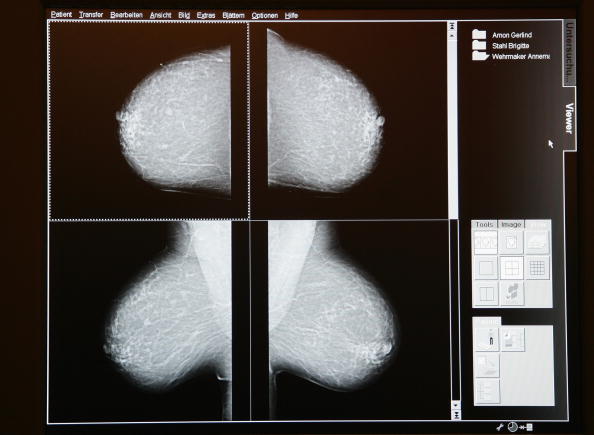
The leading organization of internal medicine physicians has published some advice to help physicians decide which cancer screening tests to request for which patients. The American College of Physicians (ACP) looked at screening guidelines from many physicians' groups and public health authorities to create what it called "high-value screening" for five types of cancer.
Guidelines on how often to screen for different types of cancer, what tests to use, and at what age to begin have evolved over the last several years. In some cases, notably mammography for breast cancer, different groups disagree on when to start screening and how often to do it. This has led to confusion, which is why the ACP decided to review the guidelines and find the least intensive testing strategies with the broadest consensus. The goal is to benefit the most people without over-testing, which can increase costs and will often lead to false positives and false alarms.
This screening advice is intended for people who are in generally good health and who do not have any additional risk factors for a specific cancer. Someone with a risk factor such as a family history of a given cancer would be on a more intensive screening schedule.
The ACP evaluated screening guidelines for breast cancer, cervical cancer, ovarian cancer, colorectal cancer, and prostate cancer.
For breast cancer, the ACP advises that women aged 50 to 74 have mammography done every 2 years and that physicians discuss the pros and cons of mammography with patients aged 40 to 49.
For cervical cancer, women aged 21 to 29 should have a Pap smear done every 3 years and women aged 30 and up have a combination of a Pap smear and a test for human papilloma virus every 5 years.
For ovarian cancer, the ACP advises against blood tests or pelvic examinations for women at average risk.
For colorectal cancer, the ACP advises people aged 50 to 74 to have a stool test every year, a colonoscopy every 10 years, or a sigmoidoscopy (which looks at the lower colon) every 5 years. Alternately, a person could have a stool test every 3 years and a sigmoidoscopy every 5 years.
For prostate cancer, the ACP advises physicians to discuss the pros and cons of blood tests with generally healthy patients and only order the tests for someone who requests it.
You can read the complete article at http://annals.org/article.aspx?articleid=2294149.
